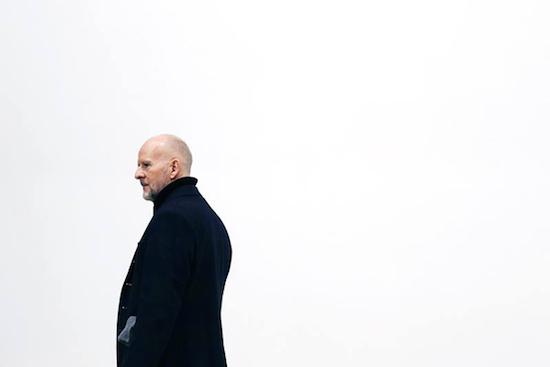
At the Los Angeles Review of Books, Brad Evans interviews philosopher Simon Critchley about the Ancient Greek conception of tragedy and what light it might shed on the upheavals of today. Critchley’s latest book, Tragedy, the Greeks, and Us, suggests that tragic plays like the Oresteia embody the truth of existence better than any philosophy can. As Critchley says, “They hold up a mirror to us where we see all the desolation and delusion of our lives, but also the terrifying beauty and intensity of existence.” Here’s an excerpt from the interview:
In conclusion, what then is the infinite demand we can bring to tragedy in order to rethink what the political might mean in the world today? Or if we are to demand the impossible, might we not conceive of a philosophical orientation beyond the tragic?
Beyond the tragic for sure. I think the idea of the tragic is philosophy’s invention, especially the invention of post-Kantian thought in Schelling and Hegel. I try to both tell and undermine that story in the book. My recommendation is that we go back to theater, back to art and look and observe. We need tragedies and not the tragic. I would say the same thing about “the political.” The infinite ethical demand here might just be the old Wittgensteinian idea of “don’t think, look.” I want the reader to look at the ancient Greek plays or indeed at any plays — Shakespeare, Büchner, Ibsen — and to feel the pull of the aliveness which those plays animate without coming to any foundationalist or indeed principled moral viewpoint. What I see in the greatest theater is a kind of total honesty where we begin to radically question who we are and what we know, a full moral skepticism if you like. That, in our world of deafening moral certainties, would at least be a start.
Image of Simon Critchley via The Quietus.